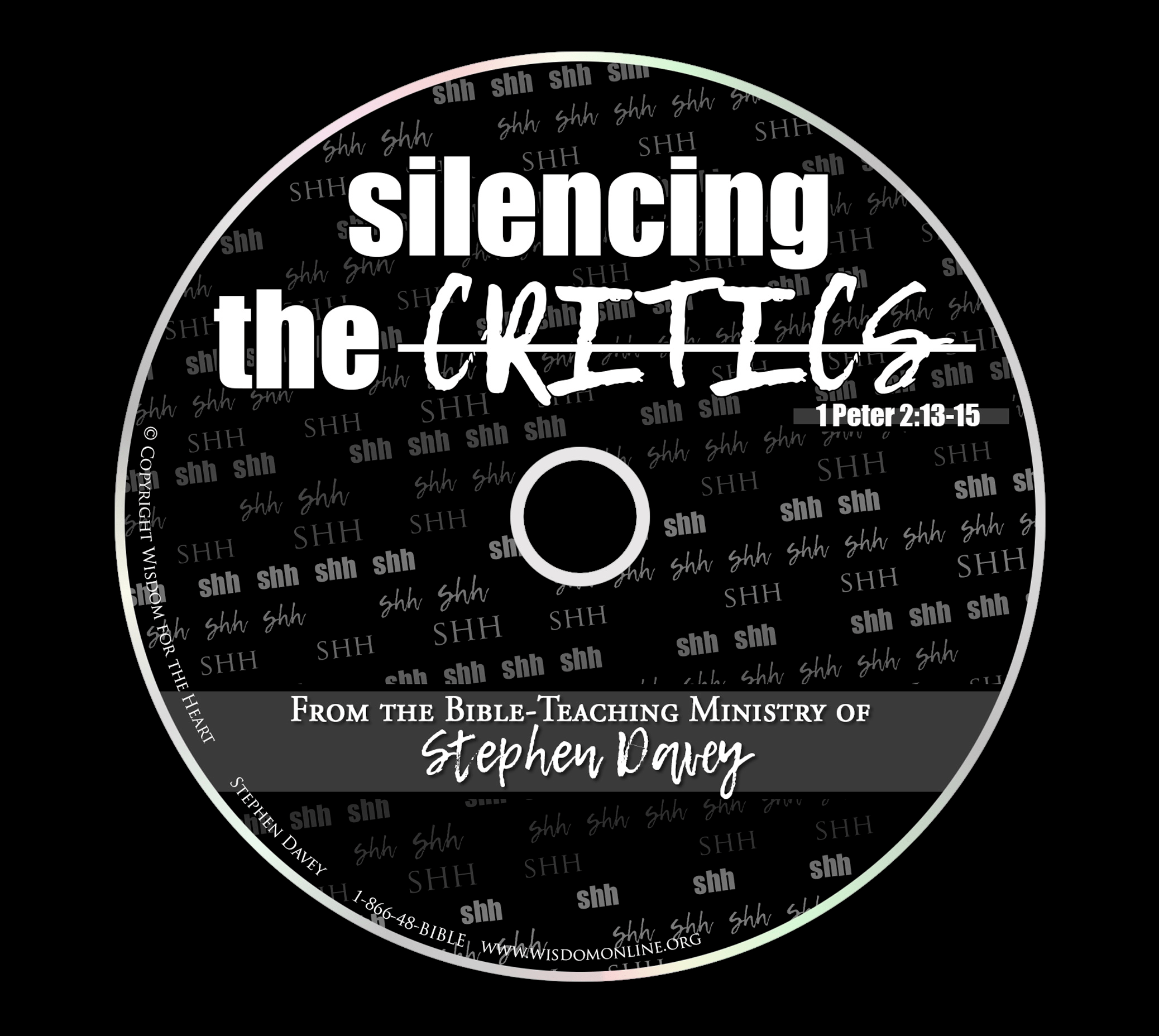|
Changing Tags
[W]as not Rahab the harlot also justified by works when she received the messengers and sent them out by another way?
If you’ve ever been to the emergency room, you’ve experienced the process known as triage. Triage is a French word that means “to sort out,” and it refers to the system that doctors and nurses use to decide which patients are in dire need of help and who isn’t.
In an Allies war camp during World War II, the triage supervisor had the unenviable job of labeling the soldiers with one of three colored tags.
The first was given to patients who were “Hopeless”: they would be made as comfortable as possible and allowed to die. The second tag was given to those who were “Hopeful”: they were left alone because they would survive without immediate help. The third was given to the “Doubtful”: they were given the most meticulous and immediate treatment—treatment that would mean the difference between life and death.
A soldier named Lou arrived at one of these makeshift hospitals. He had been hit by shrapnel and one of his legs was completely shattered. He had also lost a lot of blood.
The triage supervisor examined him and tagged him “Hopeless.” The nurse assigned to Lou noticed he was conscious and she began talking with him. She soon discovered they were both from Ohio. After getting to know his life story, she made the decision to do something that was against triage protocol: risking her medical career and reputation, she changed Lou’s tag to “Doubtful.”
A few hours later, Lou was given intensive care. He was transported from the front lines to a better medical facility where his life was spared. He would spend the rest of his life balancing on one leg, but he was grateful to that nurse for giving him a second chance to live.
In this text, James introduces us to an Old Testament woman who received a similar act of mercy. She, too, was considered hopeless by human standards. She was a Gentile living in a nation that was about to be completely destroyed by God. She was also a prostitute who ran a brothel in Jericho.
God came to bring hope to people like Rahab. His grace isn’t handicapped by our ancestry or pedigree or resumé. It isn’t even hampered by our past. And when God changes our tag, He doesn’t just erase our past . . . He writes a new future!
Scripture tells us that after Rahab declared her faith in the God of Israel, she was rescued when the Israelites came to conquer Jericho.
She was accepted by the Jewish nation and even married a godly Jewish man named Salmon. They would have a son together and name him Boaz. Boaz would grow up and, like his father, marry a Gentile convert named Ruth.
Fast forward the genealogy film and you discover that Rahab is the great-grandmother of King David. She has found a place in the very bloodline of the Messiah!
What does this tell us about the heart of God? It tells us that He loves changing people’s tags.
Is there someone in your life whom you’ve tagged as “Hopeless” . . . “Depressed” . . . “Addict” . . . “Doubter” . . . “Faithless” . . . “Ungifted” . . . “Lazy”? James’ message for you today is to remember that God changed your tag too . . . and He can change theirs, as well.
Prayer Point: Have you given up hope on someone in your life? Pray that God will rescue that person—and ask the Lord to help you persevere in prayer on their behalf, no matter what their tag says.
Extra Refreshment: Read Rahab’s story for yourself in Joshua 1.
| 


No comments:
Post a Comment